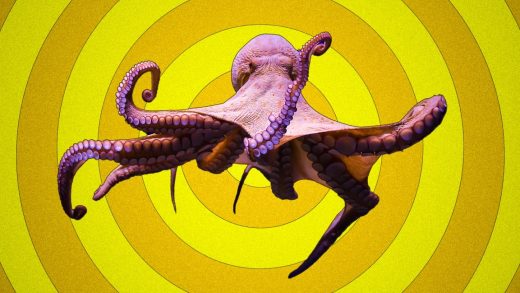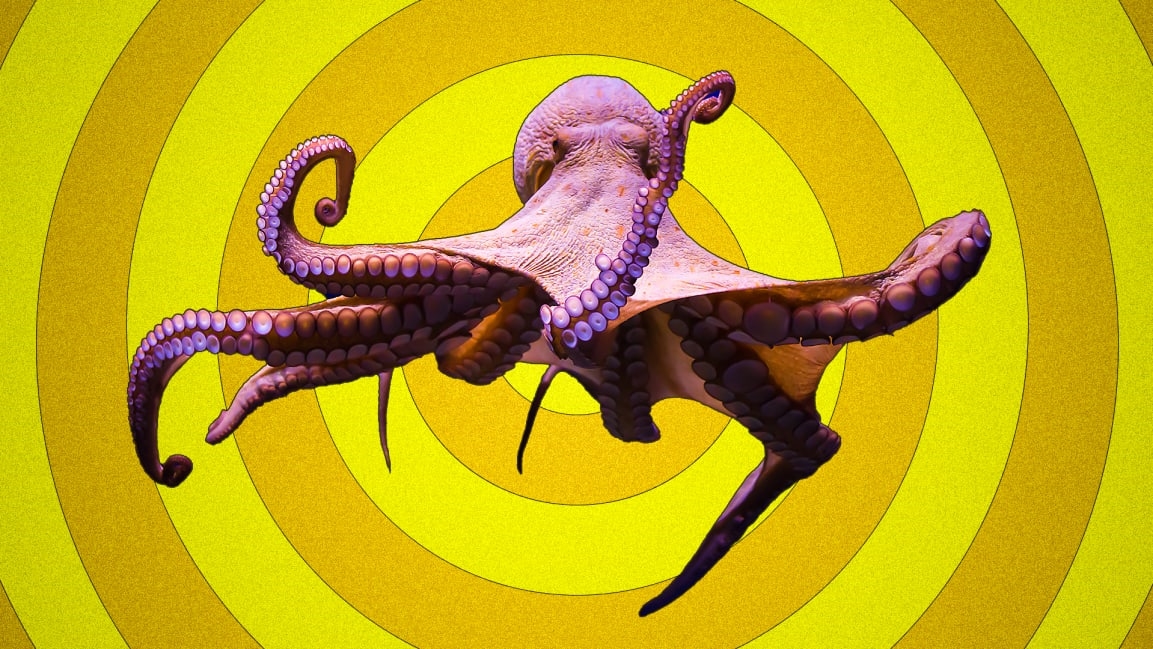Octopuses, lobsters, and crabs are sentient beings, says new U.K. study
We know they can cast spells on humans, but now octopuses have achieved legal recognition as sentient beings, too. The British government has announced that it will add both cephalopods (the class containing octopuses, squids, and cuttlefish) and decapods (the order with lobsters, crabs, shrimp, prawns, and crayfish) to its new animal-welfare bill, citing “strong evidence” that this group of marine invertebrates has feelings.
That new legislation—the Animal Welfare (Sentience) Bill, which was introduced back in May and would require the British government to take animals’ feelings into account when writing rules and crafting policy—already recognizes all vertebrates as sentient beings. But the Boris Johnson administration says it’s chosen to expand that definition after seeing the findings from a London School of Economics and Political Science review it commissioned that concluded cephalopods and decapods have the capacity for “feelings of pain, pleasure, hunger, thirst, warmth, joy, comfort, and excitement” because they have “complex central nervous systems, one of the key hallmarks of sentience.”
Call it a victory for the cephalopod and decapod lobby (it could prevent lobsters from being boiled alive in the U.K.), but it’s also true that the court of public opinion already backed this more liberal definition of sentience. The welfare bill, which will halt most animal exports, was controversial from the get-go because it excluded sea animals like octopuses. Earlier this year, a British think tank polled people’s feelings about the bill and reported most respondents “agreed that lobsters (83.03%), octopuses (80.65%), and crabs (78.09%) can feel pain.” Nine in ten added that if scientists believe “some evidence” suggests an animal can feel pain, then “we should be careful about potentially harming them.”
Fast Company , Read Full Story
(15)



